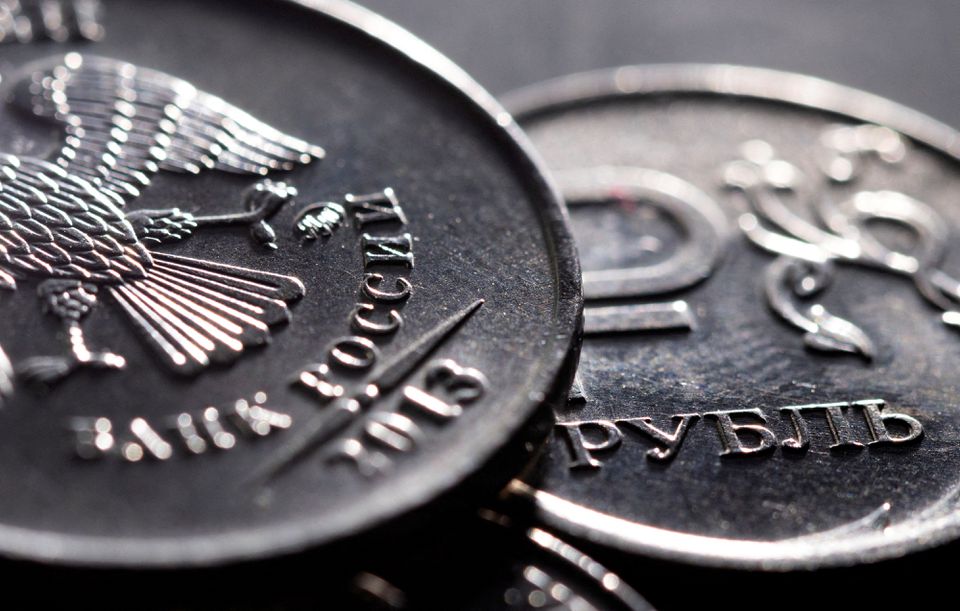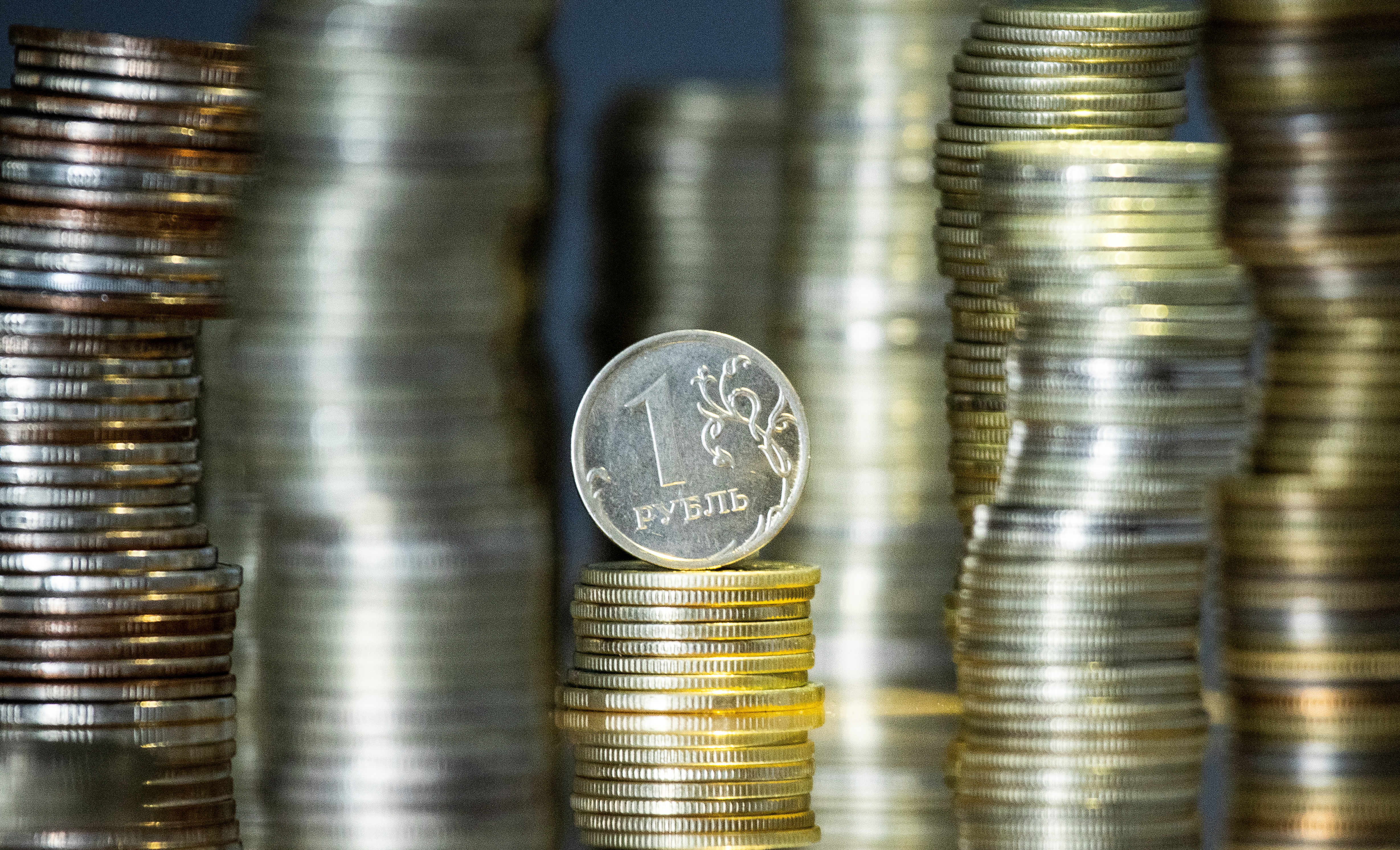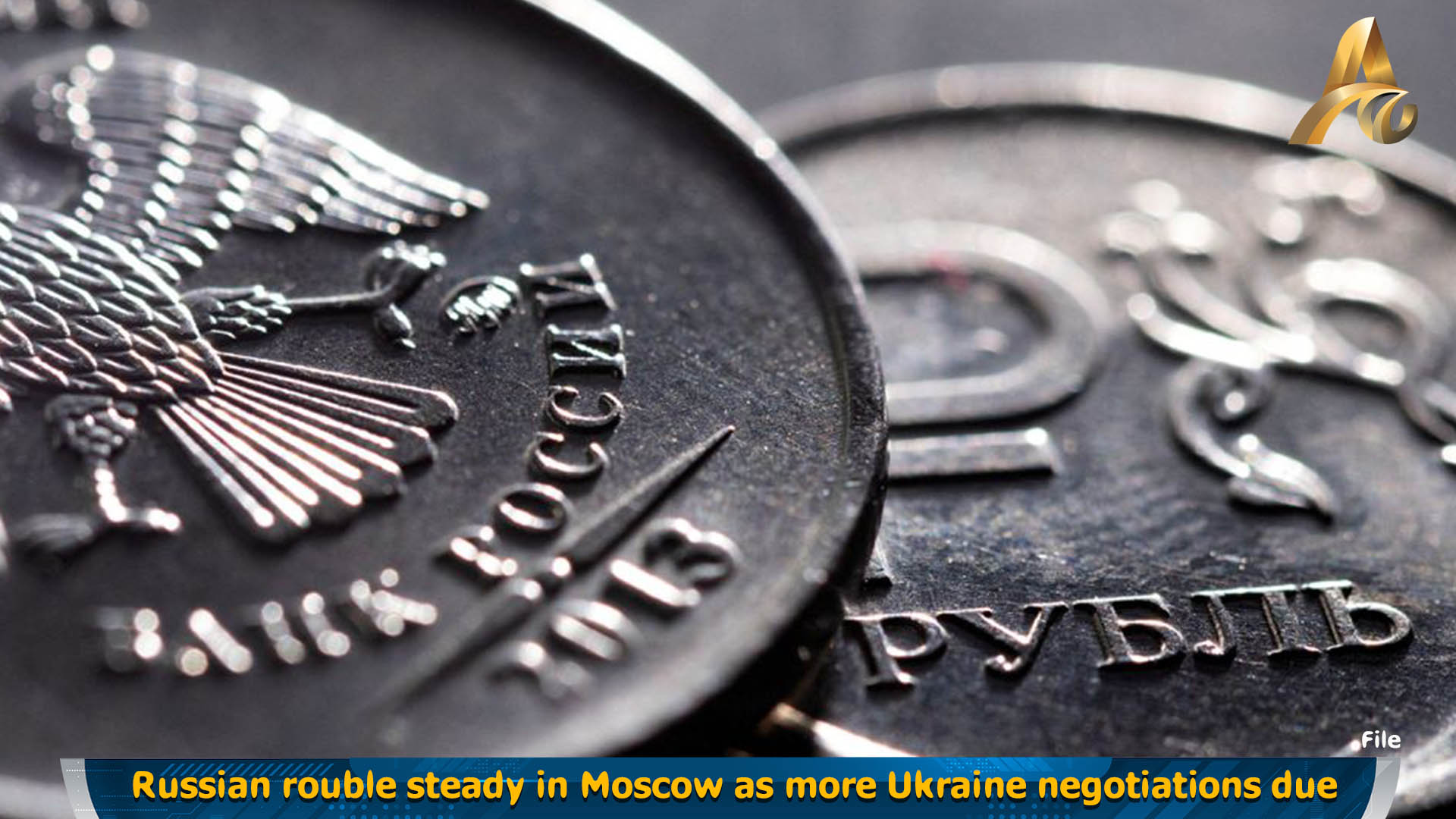INTERNATIONAL: The Russian rouble was relatively steady in early Moscow trade on Monday, with more negotiations over the war in Ukraine scheduled later in the day.
After weekend talks Russia and Ukraine gave their most upbeat assessments on diplomatic efforts to resolve their differences, even though Russia attacked a base near the Polish border and fighting raged elsewhere.
At 0730 GMT, the rouble was 0.7% weaker than Friday's close at 115.0 against the dollar and had lost 1.5% versus the euro to trade at 122.8 -- both small declines when compared with wild fluctuations in recent weeks.
Offshore, the rouble was trading as much as 10% stronger against the dollar, but at a similar level to the one in Moscow around 115.0. On international markets, the rouble has broadly traded in a range of 112-133 to the dollar in thin trading since hitting a record high of 150 a week ago.
Russia's invasion of its southern neighbor on Feb. 24 and the economic sanctions imposed by the West in response have roiled financial markets and triggered the worst economic crisis in Russia since the fall of the Soviet Union in 1991.
The central bank has restricted access to foreign currency and the government rolled out initial support measures which helped stabilize the rouble late last week, but the currency is still down almost 30% against the dollar since Russian troops entered Ukraine.
Analysts warn the rouble outlook is highly uncertain in an illiquid market.
On Sunday Ukraine said Russia was "beginning to talk constructively" and that results could be achieved in a matter of days. A Russian delegate said significant progress had been made in talks and the delegations could soon reach draft agreements.
Monday's talks are due to start at 10:30 a.m. Kyiv time (0830 GMT). Three rounds of talks between the two sides in Belarus, most recently last Monday, had focused mainly on humanitarian issues.
The Moscow stock market remained largely closed on Monday by order of the central bank and will remain so for the rest of the week.
On Friday business newspaper Vedomosti reported, citing sources, that the central bank and Moscow Exchange were looking for ways to prevent asset prices collapsing when trading eventually reopens. Stocks last traded in Moscow on Feb. 25, after which the central bank-imposed restrictions as volatility spiked.
Evgeny Suvorov, the economist at CentroCredit Bank, said that while fighting was ongoing in Ukraine and new sanctions were still being introduced, it was not an ideal time to restart trading. He said Russia's counter-measures, which are yet to become clear, could be another serious shock for the market.
























